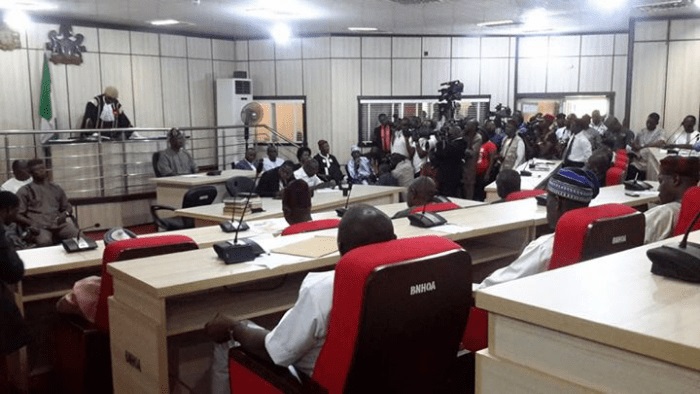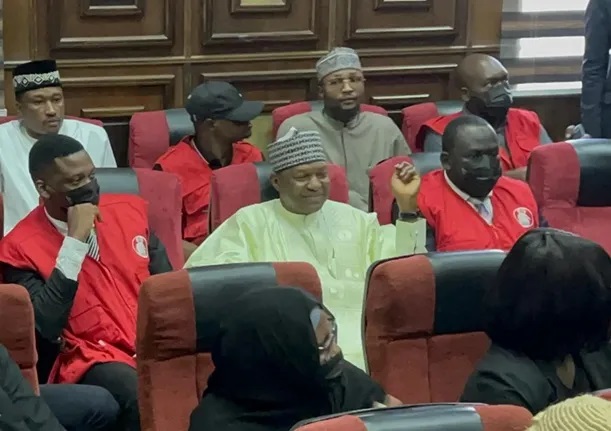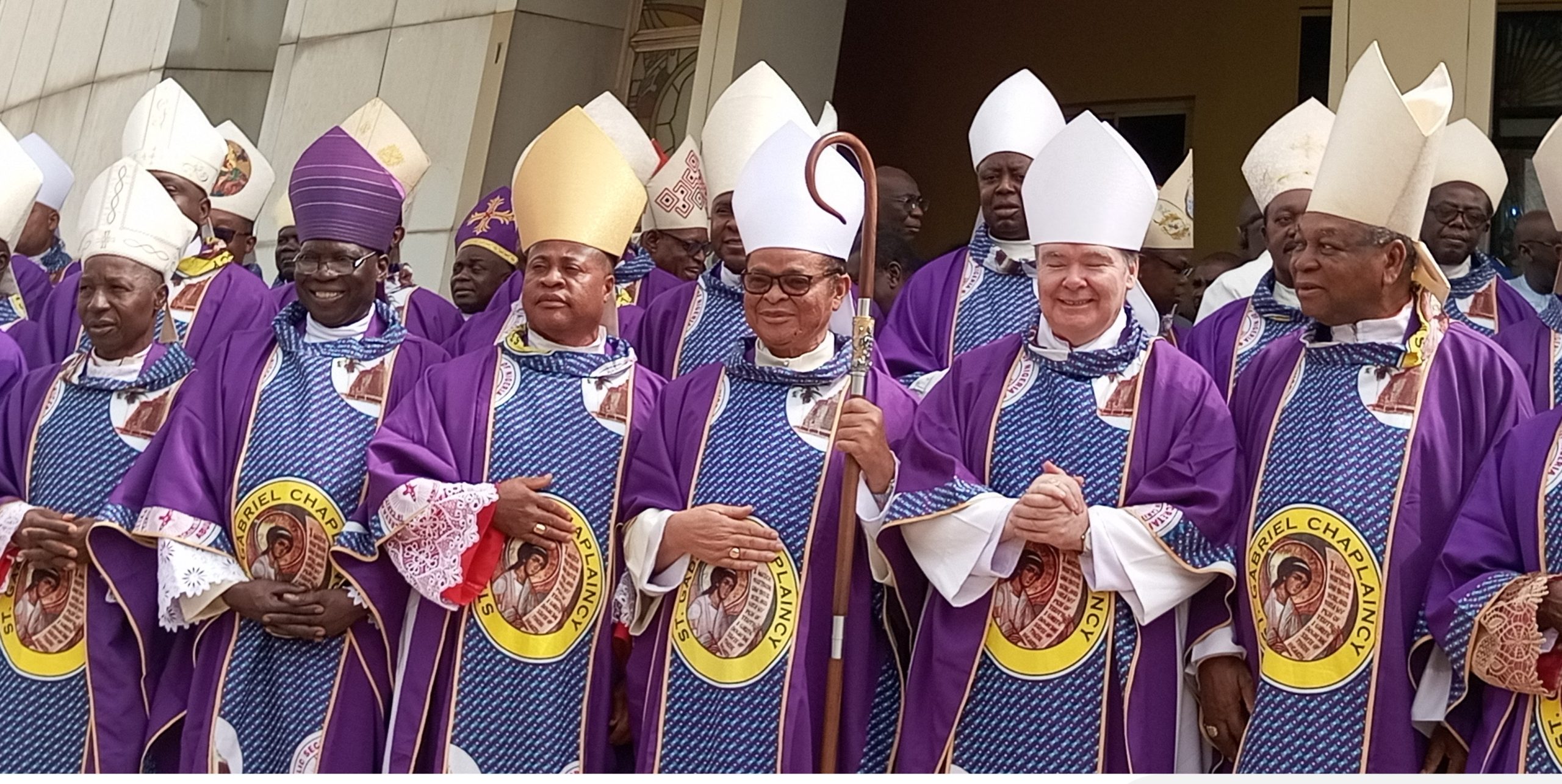Lawmakers in Benue State have sounded the alarm over escalating violence in the region, describing the wave of attacks on farming communities as reminiscent of the Rwandan Genocide and calling for urgent federal intervention.
The warning came on Tuesday during a session of the Benue State House of Assembly, where Mr Peter Uche (APC, Guma I) tabled a motion highlighting the severity of the crisis, particularly in the aftermath of a brutal massacre in Yelwata that left more than 200 people dead, many of them women and children.
“This is beyond communal clashes. What we are witnessing is systematic annihilation,” Uche told his colleagues. “Despite countless pleas to the Nigerian government and the international community, the killings have continued without reprieve.”
He criticised the federal government’s inability to uphold its constitutional mandate to ensure the safety of citizens, citing Section 14(b) of Nigeria’s 1999 Constitution. Uche also condemned the disregard for the 2017 law banning open grazing, which was passed to resolve tensions between herders and farmers.
Other lawmakers echoed his sentiments. Mr Alfred Berger (APC, Makurdi North) argued that security forces are overwhelmed and ineffective. Mr Peter Ipusu (APC, Katsina-Ala West) joined in calling for stricter enforcement of the anti-grazing legislation and appealed to the state governor to lead with urgency.
Mr Abu Umoru (PDP, Apa) urged residents to rise above political divisions and unite against a common threat, warning that inaction could spell further tragedy.
Ipusu also called for the release of protesters detained in the aftermath of the Yelwata killings, stating they acted out of grief and desperation.
House Speaker Mr Aondona Dajoh concluded the session with an appeal to President Bola Tinubu, urging him to deploy national security forces to assist in the enforcement of Benue’s anti-grazing laws. He commended the young demonstrators for their courage, calling them “defenders of democracy.”
Benue, situated in Nigeria’s North-Central region, has remained a flashpoint in the ongoing conflict between nomadic herders and farming communities—a crisis that continues to claim lives despite numerous peace and security initiatives.





